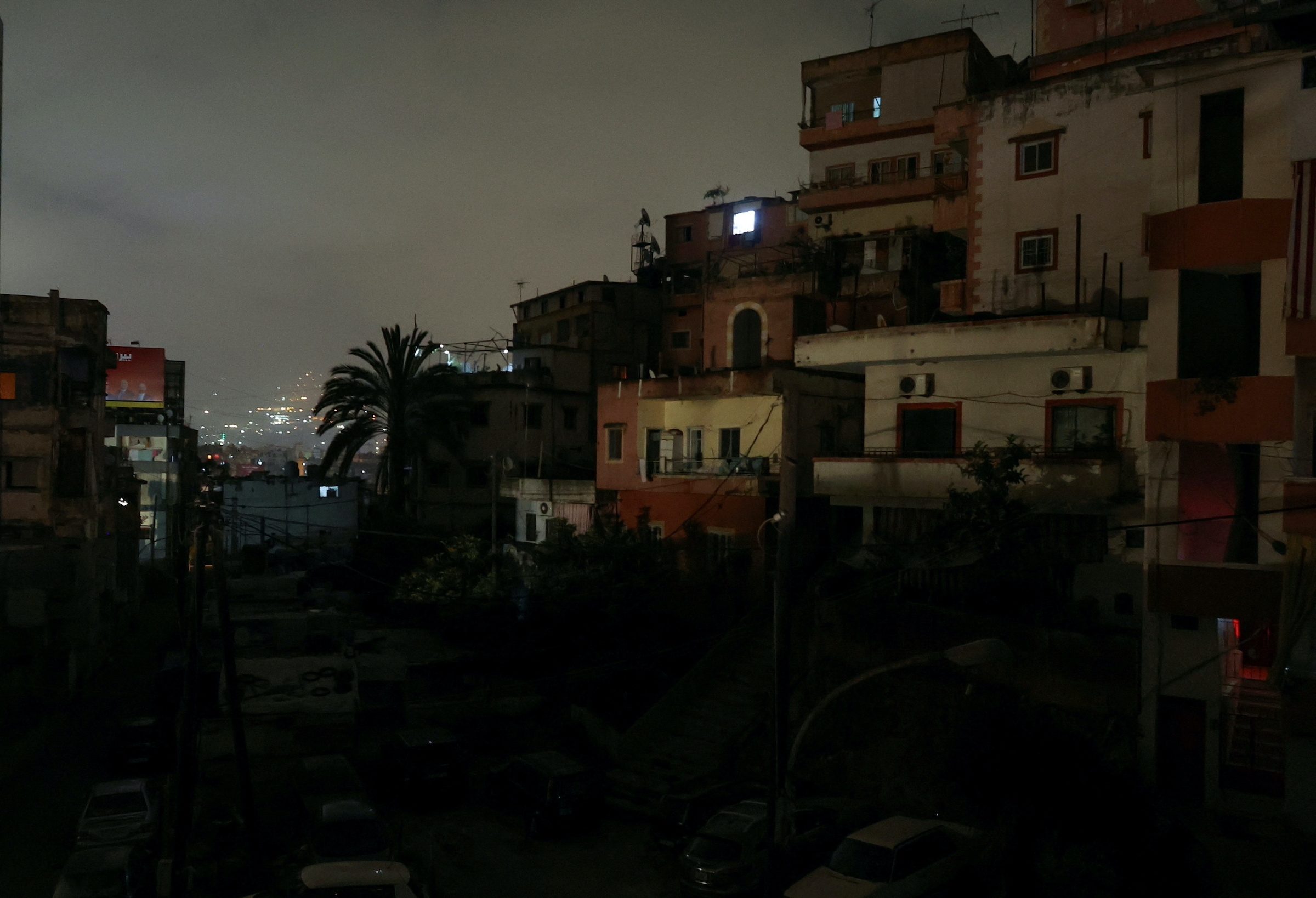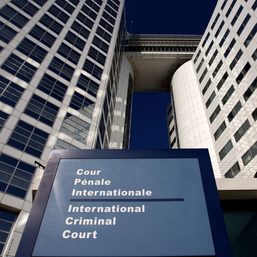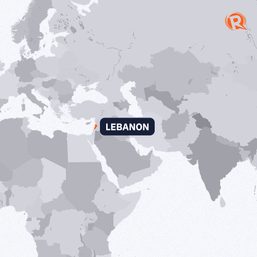SUMMARY
This is AI generated summarization, which may have errors. For context, always refer to the full article.

BEIRUT, Lebanon – Lebanese caretaker Prime Minister Najib Mikati was designated premier again on Thursday, June 23, facing the challenge of forming a new government as the country’s devastating financial crisis festers.
Mikati’s previous government reached a draft funding deal with the International Monetary Fund (IMF) in April. A final agreement is conditional on the implementation of a list of long-delayed reforms.
An IMF deal is widely seen as the only way for Lebanon to begin to plot a way out of financial and economic meltdown, its most destabilizing crisis since its 1975-1990 civil war.
Just how bad is the situation?
- Gross domestic product plunged to an estimated $20.5 billion in 2021 from about $55 billion in 2018, the kind of contraction usually associated with wars, the World Bank says, ranking the collapse as one of the worst globally since the mid-19th century.
- The Lebanese pound has lost more than 90% of its value, driving up the cost of almost everything in a country reliant on imports, and demolishing purchasing power. A soldier’s monthly wage, once the equivalent of $900, is now worth about $50.
- Poverty rates are skyrocketing in the population of about 6.5 million, with around 80% of people classed as poor, the United Nations agency ESCWA says. Last September, more than half of families had at least one child who skipped a meal, UNICEF has said, compared with just over a third in April 2021.
- The financial system has suffered eyewatering losses. The government estimates the overall losses at around $70 billion. The deputy prime minister said in March the figure was expected to grow to $73 billion while the crisis is not addressed.
- Lebanon’s banks are paralyzed. Savers have been frozen out of US dollar accounts. Withdrawals in local currency apply exchange rates that erase up to 80% of the value. During an October visit to Beirut, US official Victoria Nuland said the Lebanese people deserved to know where their money had gone.
- Reliant on imported fuel, Lebanon is facing an energy crunch. Even before the crisis, power was in short supply, including in the capital. Now households are lucky to receive more than a few hours a day. Fuel prices have soared. A ride in a shared taxi, a popular form of transport, cost 2,000 pounds before the crisis but now costs about 40,000 pounds.
- Lebanese have emigrated in the most significant exodus since the civil war. Believing their savings are lost, many have no plans to return. A 2021 Gallup poll found a record 63% of people surveyed wanted to leave permanently, up from 26% before the crisis.
- Among those leaving are doctors. The World Health Organization has said most hospitals are operating at 50% capacity. It says around 40% of doctors, mostly specialists, and 30% of nurses have permanently emigrated or are working part-time abroad.
- Officials and the media talk of Lebanon becoming a “failed state.” President Michel Aoun warned in December that the state was “falling apart.” Lebanon’s top Sunni cleric said after unrest over fuel shortages in August that the country risked complete collapse without action to prevent it.
– Rappler.com
Add a comment
How does this make you feel?





There are no comments yet. Add your comment to start the conversation.